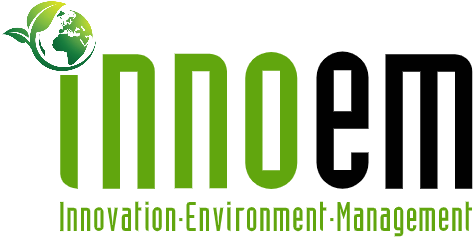
Mandatory assurance of sustainability data is ‘only a matter of time’
The drive towards a comprehensive global system for sustainability reporting, which evenly addresses both impact and financial disclosure, will be a major instigator for mandatory auditing of sustainability information.
This is a key conclusion in the latest edition of The GRI Perspective: Auditing to save the planet: the battle against greenwashing. Statements on socio-economic performance can no longer be used primarily as marketing gimmicks; the professionalization of sustainability auditing has already begun.
Much in the same way as international accounting rules led to mandatory auditing of financial data becoming normal practice, a system in which financial and sustainability reporting are on an equal footing will mean both data sets need to the same assurance.
With an array of global and national sustainability frameworks and approaches to consider, as well as capacity limits for the auditing profession, this transition requires standard setters to work together, to establish a clear system for disclosure that leads to comparable data.
GRI and the IFRS Foundation are already collaborating to achieve interoperability between the GRI Standards and new standards from the ISSB (International Sustainability Standards Board). This recognizes the two distinct yet inter-related approaches, covering both impact materiality (GRI) and financial materiality (ISSB).
Eelco van der Enden, CEO of GRI, said:
“To put it simply, greenwashing is akin to fraud: it misleads stakeholders, markets and consumers – and must be stopped. We need to view exaggerating sustainability efforts as on the same level as overstating revenues or profits, because both can be equally damaging to investors and public trust.
While many GRI reporters already provide some assurance on a voluntary basis, the transition to mandatory auditing of sustainability information is only a matter of time. Not only will this address the legacy of greenwashing, intentional or otherwise, it will provide a level playing field for all.
Beyond making claims to be doing good, companies must be able to back them up. I am confident that our progress towards a comprehensive global system for all sustainability-related disclosures, through GRI’s engagement with the ISSB and others, will go a long way to ensuring this is the case.”
Consolidating best practice on a global level is an important stage in the professionalization of sustainability reporting auditing. GRI therefore welcomes that the International Auditing and Assurance Standards Board (IAASB) is developing a standard for sustainability reporting assurance. GRI’s Global Sustainability Standards Board has commenced dialogue with the IAASB and committed to contribute technical expertise to the project.
The GRI Perspective is a regular briefing series, launched in January 2022, covering topical themes from the world of sustainability reporting. Focus areas in previous issues include human rights reporting, stakeholder capitalism, lobbying, tax transparency – and more.
Under the incoming Corporate Sustainability Reporting Directive, which will set new and expanded sustainability disclosure requirements for 50,000 companies, the European Commission will demand limited assurance on sustainability information from 2024.
Source: GRI – Beginning of the end for greenwashing? (globalreporting.org)

